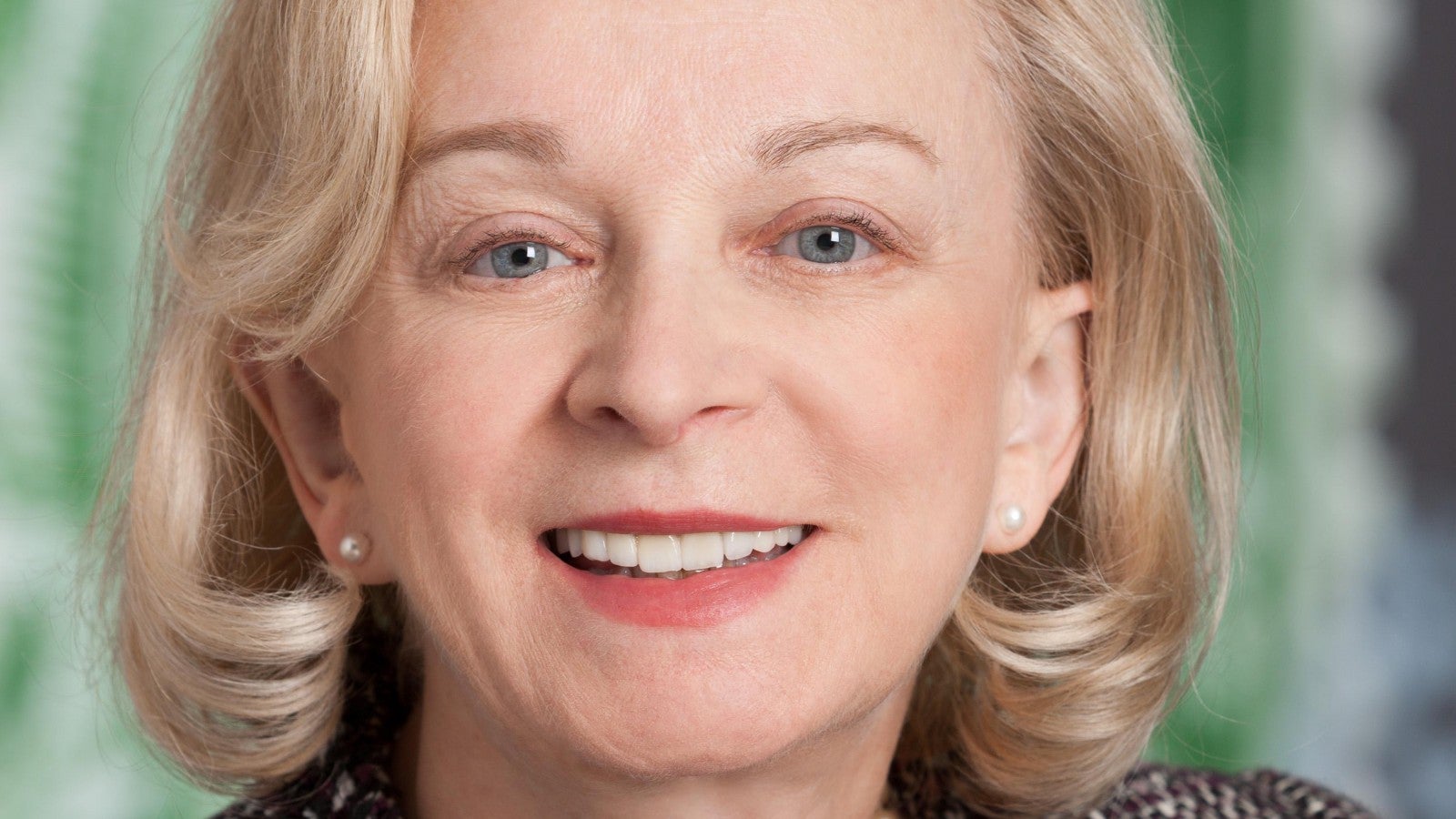A top woman executive says there’s one emotion she never feels
Is guilt a useful emotion that reminds us when we might be neglecting something important? Or an energy-sapping waste of time?


Is guilt a useful emotion that reminds us when we might be neglecting something important? Or an energy-sapping waste of time?
Moya Greene, one of only five women to lead a FTSE 100 company in the UK—the postal giant Royal Mail—says it’s the latter. Greene turned around Canada’s postal service before being brought in to make Royal Mail “an investible proposition,” and lead its controversial privatization. At the launch of an executive network for women in London, Greene faced a question she says she gets asked “all the time”—how to be “less bipolar” about work and family.
“I’m not a good person to ask,” she said, before going on to give some useful insight: “I was an executive at a pretty young age, in a very, very demanding job, and I have to tell you, I outsourced everything. I never in my life have ironed a blouse, I never in my life have worried about the cookies for the bake sale, I didn’t do any of that.”
Greene has a daughter who recently became a barrister, and who she said was “interested” in what she did, rather than resentful of the choices she made.
“I was very lucky in the sense that I made enough money to pay for it,” she said, noting that Canada’s good daycare options, which she said are lacking in the UK, helped.
“And the one thing that I had was, I never felt guilty about that,” she said. “And I think a lot of women do feel guilt. They feel that they’re being pulled in all directions. And I was always very happy to say ‘No, I didn’t bake the cookies darling, but I earned the money that bought the cookies.’”
Greene’s wider message to the room was also clear: While progress is being made in the appointment of women to boards—a quarter of FTSE board members are now female—they need to begin aiming more at executive positions at the top of companies.
“Being a corporate executive trumps being on a board every day of the week,” she said. Directors are important, she added, but “the truth is what companies do, and how they act, and who they hire, and the processes they deploy, and how the corporation thinks about the big issues… those things are all really steered by the executives of that corporation.”
Fast progress is possible, she said. The increase in women on boards happened in the past five years. In another five, she wants to see the same proportion of her FTSE 100 peers led by women—and, she says, it’s possible.